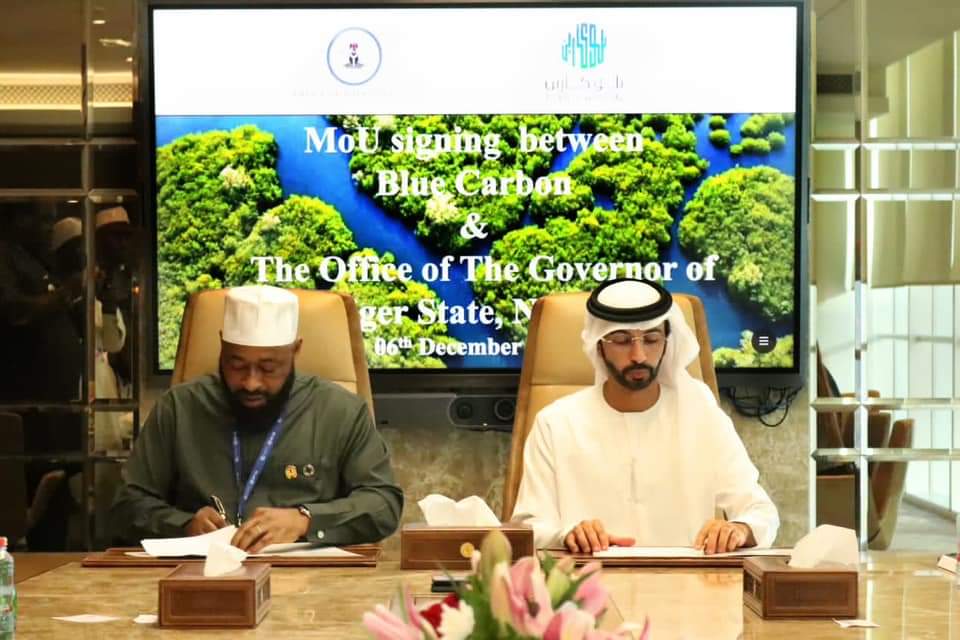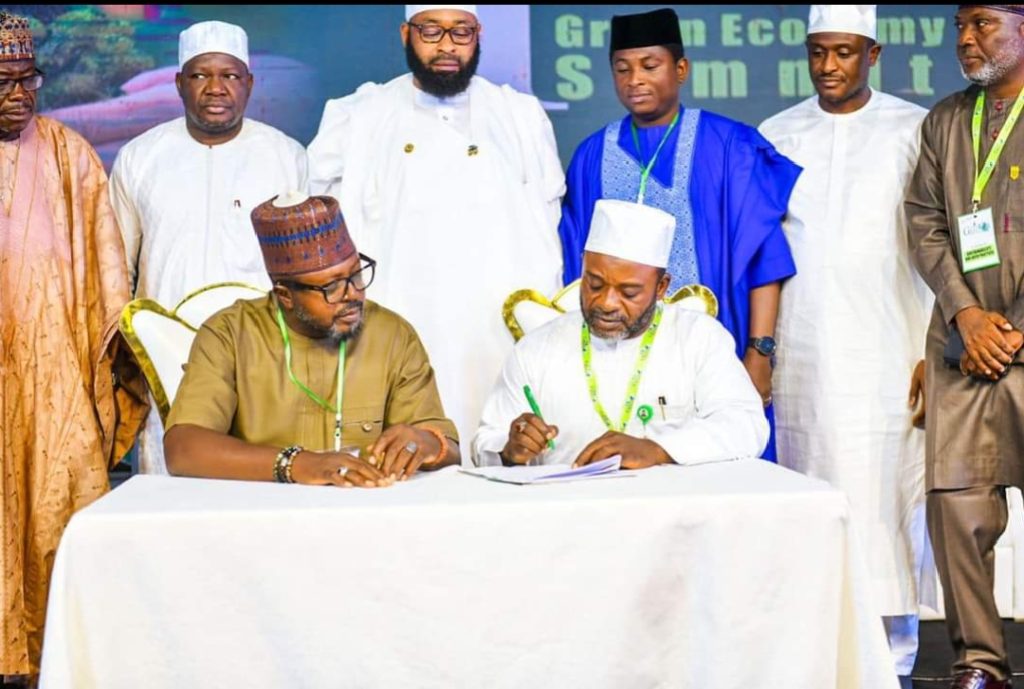Climate change presents urgent and escalating challenges for governments at all levels. The 2019 Climate Risk Index identifies Nigeria as one of the most vulnerable countries to climate change impacts.
Recognizing these risks, the federal government under President Bola Tinubu has included climate change targets among its eight focal presidential priorities, mandating state governors to support these efforts for a comprehensive solution.
Nigeria’s deforestation rate, the highest in the world at 3.7% annually, exacerbates its vulnerability to climate change. Rising sea levels and increased flooding heighten the risk of waterborne diseases, while drought and reduced rainfall threaten agricultural productivity.

These issues cumulatively lead to food insecurity, poor health, and reduced socioeconomic development. Experts insist that urgent government action is needed to address this crisis.
ALSO READ: Niger to commission CNG buses, Tuesday
Niger State, with the largest landmass in Nigeria, is not immune to these impacts.
Upon his inauguration on May 29, 2023, Governor Mohammed Bago pledged to implement policies and projects that improve the lives of the people.
In his 2024 budget proposal, termed the “Budget of the Future,” Governor Bago committed to enhancing livelihoods, fostering a sustainable economy, promoting good governance, and advancing urban and rural development.
He announced a N43.5 billion investment in agriculture to attract at least one billion US dollars in investment, aligning with a commitment to harness the state’s green economy potential.

To underscore the importance of sustainable climate change efforts, Governor Bago renamed the Ministry of Environment, as it is now named the Ministry of Environment and Climate Change.
His administration’s focus on renewable energy and sustainable practices is evident in the proposed Tagwai Dam hydroelectric project, investment in mini-grid systems for rural areas, extensive tree planting, healthy waste management, and bio-energy exploration.

In a significant move, Governor Bago organized Nigeria’s first-ever Green Economy Summit, drawing nearly 500 participants to address climate change and proffer solutions.
During the summit, the state unveiled its first Green Economy Blueprint, a strategic roadmap for sustainable development across sectors like renewable energy, transportation, infrastructure, agriculture, inclusivity, and tourism. This blueprint outlines plans for financial support, technology transfer, capacity building, and strategic partnerships.

Governor Bago’s presentation of the Green Economy Blueprint at the United Nations Climate meeting in the UAE highlighted Niger State’s commitment to climate action.
The 2024 budget includes measures for tree planting, forest reserve demarcation, and erosion control. An executive order, the Niger State Green Economy Initiative Order, further formalizes these efforts, mandating a statewide land use and economic development plan.
Additionally, the state plans to establish a University of Agriculture and Climate Change in Mokwa and cultivate 250,000 hectares annually for crops like sugar, sweet sorghum, cassava, and corn to reduce greenhouse gas emissions.
A memorandum of understanding with the Blue Carbon Initiative aims to plant one billion trees on 760,000 hectares within five years. Agreements with the National Agency for Science and Engineering Infrastructure (NASENI) will promote renewable energy solutions.

While these initiatives mark significant progress, more action is required.
Governor Bago’s administration must strengthen its resolve to mitigate and adapt to climate change. Aligning with federal goals for energy transition, encouraging afforestation, promoting sustainable agricultural practices, and building systems to respond to annual flooding are crucial. Community empowerment and private-sector collaboration are also essential.
As Governor Bago’s administration marks its first anniversary, renewing its commitment to climate action is imperative.
Reflecting on its achievements however, it is clear that while challenges remain, substantial steps have been taken towards addressing them.


